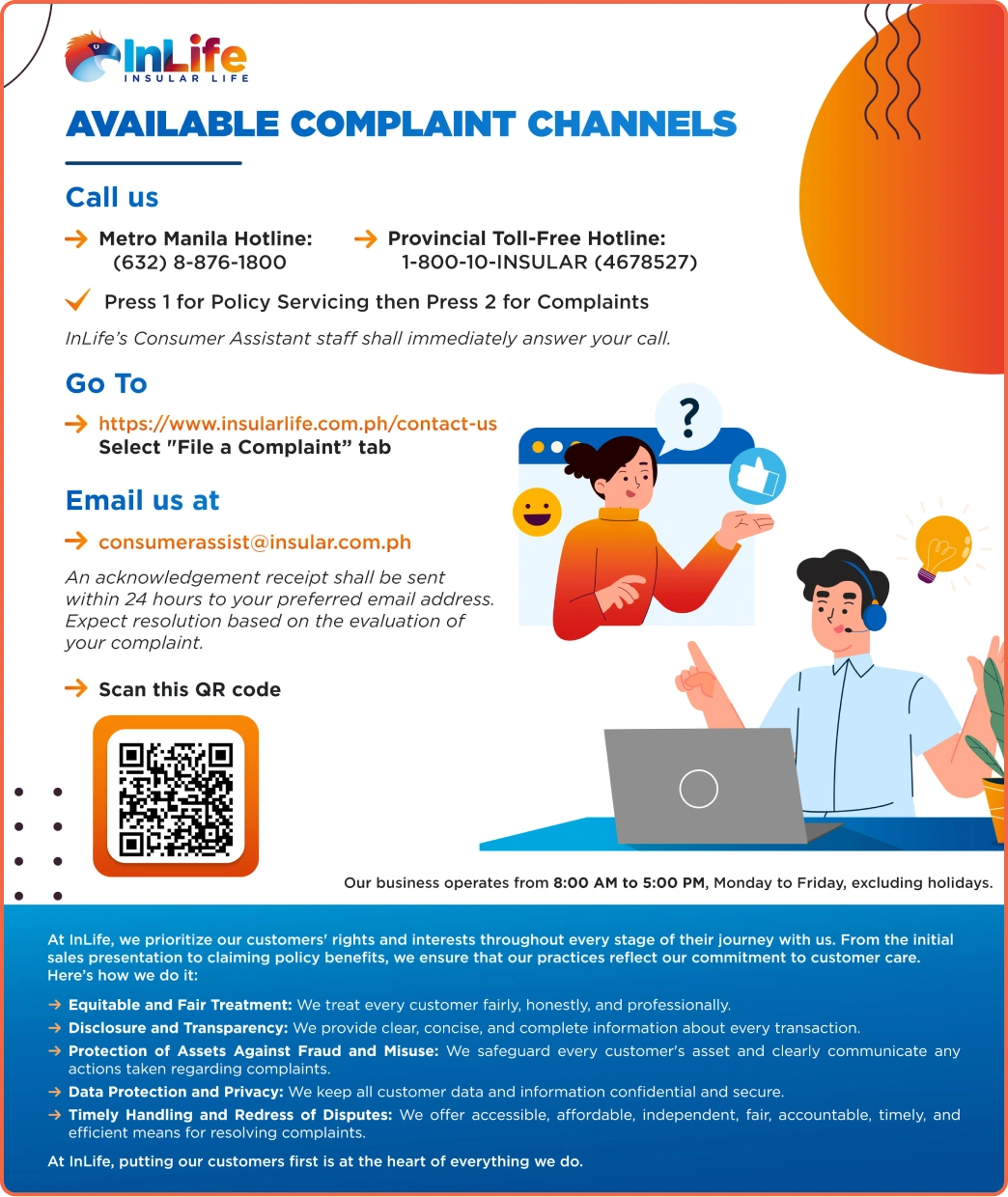From Farm to Fork: Choosing Heart-Healthy Foods

Health is our most precious asset, and a balanced diet plays an important role in wellness. And for individuals at risk of heart disease, making thoughtful food choices can make all the difference. Knowing how to choose heart-healthy foods can drastically improve not just your cardiovascular health but also your overall well-being and quality of life.
Unsure where to begin? Let’s explore what types of foods are healthy for the heart and the other ways to safeguard your health.
Healthy Foods Good for the Heart
What does it really mean to maintain a heart-healthy diet? The goal of heart-healthy eating is to lower high blood pressure, inflammation, cholesterol, and triglycerides—to avoid heart complications. This list will make choosing heart-healthy foods so much easier until it becomes a habit:
Fruits and Vegetables
Packed with vitamins, minerals, and antioxidants, fruits and vegetables are the cornerstone of a heart-healthy diet. Aim to fill half your plate with colorful produce like spinach, broccoli, carrots, berries, and oranges.
- Tip: Snack on fresh fruit or veggies paired with hummus instead of junk food. You can also add leafy greens to smoothies or sauté them with olive oil as a side dish.
Whole Grains
One of the most critical steps on how to make heart-healthy food choices is opting for more beneficial alternatives, such as switching from refined grains to whole grains. Whole grains are rich sources of fiber, which helps maintain healthy cholesterol levels.
- Tip: Start your day with oatmeal topped with fresh fruit or use whole-grain bread for sandwiches.
Healthy Fats
Contrary to popular belief, fats can be good for you, too! Just choose the right kind of fat. Monounsaturated and polyunsaturated fats, found in foods like avocados, nuts, seeds, and fatty fish (e.g., salmon and mackerel), are vital for heart health.
- Tip: Drizzle olive oil over salads or sprinkle flax seeds onto yogurt. Enjoy grilled salmon for dinner or snack on a handful of almonds.
Lean Proteins
Proteins such as skinless poultry, legumes, and tofu provide essential nutrients without the saturated fats found in red meat.
- Tip: In your meals, substitute red meat with plant-based proteins, such as lentils or chickpeas. Bake or grill poultry instead of frying it.
Fish
Fish like salmon and tuna are great sources of Omega3s. Omega 3s are healthy fats that lessen the risk of common health issues among Filipinos, including heart rhythm disorders and high blood pressure.
- Tip: Grill fish in dill and lemon or bake it with herbs and veggies. You can also add fish in tacos or salads.
Sweet Potatoes
Opt for sweet potatoes instead of white potatoes. Sweet potatoes have a lower glycemic index and won’t cause a spike in your blood sugar. They are also rich in fiber, vitamin A, and lycopene.
- Tip: To enjoy sweet potatoes, you can add a sprinkle of cinnamon and lime.
Beans and Legumes
Beans and legumes are little powerhouses of nutrition! They’re high in protein and fiber while low in fat. Beans and legumes can also decrease bad cholesterol and reduce the risk of cardiovascular disease, especially among diabetic people.
- Tip: Add black beans to your salads or whip up a hearty lentil soup.
Low-Fat Dairy
Replace full-fat dairy products with non-fat or low-fat ones. This switch provides essential calcium without the added saturated fat.
- Tip: Enjoy low-fat yogurt with fresh fruit for a satisfying snack or breakfast. When shopping for milk or cheese, go for the non-fat options.
In choosing heart-healthy foods, remember that cooking methods matter too. Choose baking, grilling, steaming, or sautéing with minimal oil over frying to keep your meals as healthy as possible.
At Risk of Heart Disease? Safeguard Your Health with Insurance
While nourishing your body is vital, there are other ways to protect your health. If you’re at risk of heart complications, you’re particularly vulnerable to unforeseen health challenges that might be difficult to cover without a financial safety net.
This is where health insurance in the Philippines can help. Health insurance provides peace of mind by covering medical expenses related to critical illnesses. For those at risk for heart disease or other serious conditions, having comprehensive coverage is crucial.
Resilience by InLife
Resilience by InLife is a limited pay whole life and health insurance solution designed to help you cope with the financial challenges of critical illnesses, including heart attacks and other life-threatening conditions. It provides comprehensive coverage that ensures you’re financially prepared for treatments, hospital confinements, and recovery costs.
Speaking with an InLife financial advisor can help you understand how to blend nutrition with insurance for holistic health protection. Contact us today for more information about our health insurance plans!







